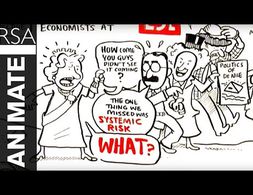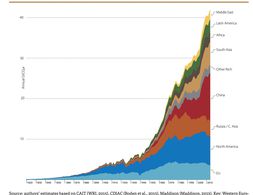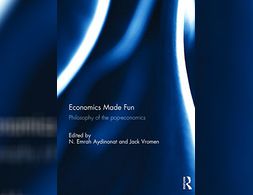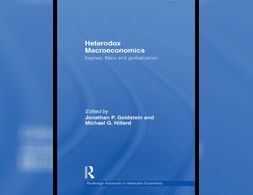605 results
In the graveyard of economic ideology, dead ideas still stalk the land.
The recent financial crisis laid bare many of the assumptions behind market liberalism—the theory that market-based solutions are always best, regardless of the problem. For decades, their advocates dominated mainstream economics, and their influence created a system where an unthinking faith in markets led many to view speculative investments as fundamentally safe.
Contributions throughout the Handbook explore different theoretical perspectives including: Marxian-radical political economics; Post Keynesian-Sraffian economics; institutionalist-evolutionary economics; feminist economics; social economics.
Best-selling books such as Freakonomics and The Undercover Economist have paved the way for the flourishing economics-made-fun genre. While books like these present economics as a strong and explanatory science, the ongoing economic crisis has exposed the shortcomings of economics to the general public.




























